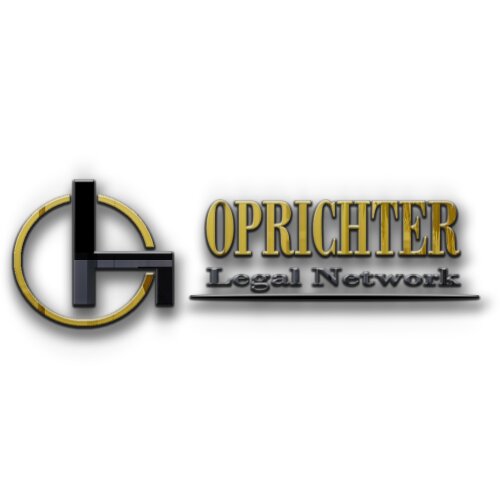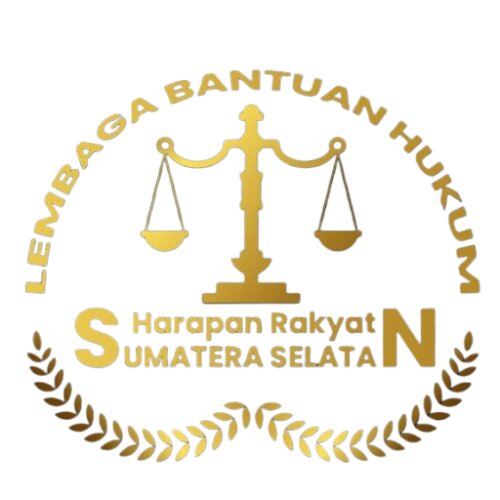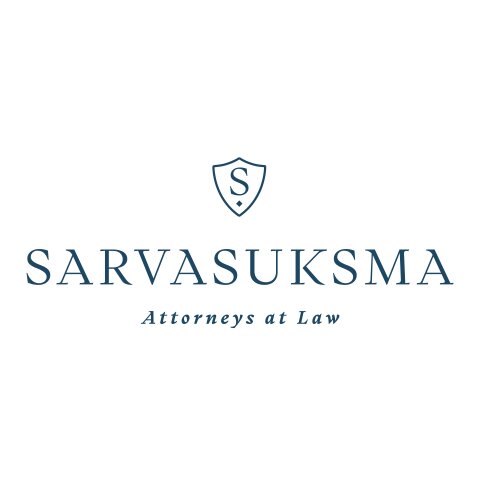Best Antitrust Litigation Lawyers in Indonesia
Share your needs with us, get contacted by law firms.
Free. Takes 2 min.
Or refine your search by selecting a city:
List of the best lawyers in Indonesia
About Antitrust Litigation Law in Indonesia
Antitrust litigation in Indonesia involves legal disputes concerning violations of competition law, particularly those related to monopolistic practices, unfair business competition, and abuse of dominant market positions. The core regulatory framework is set forth in Law No. 5 of 1999 regarding the Prohibition of Monopolistic Practices and Unfair Business Competition, widely referred to as Indonesian Competition Law. The law aims to foster a healthy competitive environment, protect consumer interests, and ensure equal business opportunities in Indonesia's markets. Cases of alleged violations are primarily investigated and tried before the supervisory commission known as Komisi Pengawas Persaingan Usaha (KPPU).
Why You May Need a Lawyer
Individuals or businesses may encounter situations where legal advice or representation in antitrust matters becomes critical. If you are accused of or suspect another party of engaging in price fixing, market allocation, bid rigging, predatory pricing, exclusive dealing, or abusing a dominant position, you may require immediate legal assistance. Lawyers can help when faced with investigations by KPPU, defending against penalties or sanctions, negotiating settlements, or pursuing damages for anti-competitive conduct. Legal experts are also essential for compliance assessments, internal audits, or when involved in mergers and acquisitions subject to competition scrutiny. Given the complexity of antitrust litigation, early and specialized legal counsel can be instrumental in protecting both business interests and legal rights.
Local Laws Overview
The primary piece of legislation governing antitrust issues in Indonesia is Law No. 5 of 1999. It explicitly prohibits agreements and conduct that restrict competition, covers both horizontal and vertical agreements, and applies to all businesses operating in Indonesia regardless of ownership. The law empowers KPPU to investigate, adjudicate, and impose administrative sanctions on entities found violating competition rules. Key prohibited actions include price fixing, discriminatory practices, cartel activities, monopoly, oligopoly, and dominant position abuse. The law also mandates notification of mergers and acquisitions beyond certain thresholds to KPPU for competition assessment. While only administrative sanctions are available through KPPU, parties may pursue damages through civil litigation in district courts. Compliance with these laws is crucial to avoid substantial fines and reputational harm.
Frequently Asked Questions
What is considered an antitrust violation in Indonesia?
Antitrust violations include activities that limit competition, such as price fixing, market sharing, bid rigging, exclusive dealing, predatory pricing, and abuse of a dominant position, as defined in Law No. 5 of 1999.
Who enforces antitrust laws in Indonesia?
The Komisi Pengawas Persaingan Usaha (KPPU) is the independent authority responsible for enforcing competition laws, investigating suspected violations, imposing administrative sanctions, and issuing decisions in antitrust cases.
What are the possible sanctions for breaking antitrust laws?
Sanctions may include substantial administrative fines, orders to terminate certain conduct, cancel agreements or transactions, and instructions to take corrective actions. In addition, violators may face civil suits for damages from harmed parties.
How does the KPPU investigation process work?
KPPU investigators may initiate a probe based on reports, complaints, or on their own accord. The process involves evidence gathering, summoning parties for statements, and may lead to a hearing where both sides can present their case before a verdict is reached.
Can I appeal a KPPU decision?
Yes, parties can file an appeal with the district court within 14 days after being notified of KPPU's decision. Further appeals can be made to the Supreme Court of Indonesia for a final review.
Are mergers and acquisitions regulated under competition law?
Yes, certain mergers or acquisitions that meet asset or sales thresholds must be notified to KPPU for review to ensure they do not result in undue market concentration or anti-competitive effects.
What should I do if I receive a KPPU summons or investigation notice?
Consult with an experienced antitrust lawyer immediately. Professional representation is vital in preparing responses, submitting evidence, and ensuring that your rights are adequately protected.
Is there criminal liability for antitrust violations in Indonesia?
No, currently the competition law provides only for administrative and civil sanctions, not criminal penalties. However, non-compliance with KPPU's orders may result in further legal consequences.
Can private parties claim damages for antitrust violations?
Yes, individuals or businesses that have suffered losses due to anti-competitive practices can file civil lawsuits for compensation in district courts after a final, binding KPPU decision.
How can businesses ensure compliance with Indonesian antitrust law?
Regular compliance audits, employee training, legal consultation, and adopting internal policies or guidelines under the guidance of legal counsel can significantly reduce the risk of violating competition laws.
Additional Resources
You may find useful information, guidance, and updates from the following sources:
- Komisi Pengawas Persaingan Usaha (KPPU) - Indonesia's official competition supervisory commission
- Indonesian Ministry of Trade - policy updates and regulatory frameworks
- Legal aid organizations and chambers of commerce specializing in trade and competition law
- Reputable law firms with dedicated competition and antitrust practice groups
- Professional associations such as the Indonesian Competition Law Society
Next Steps
If you believe you are involved in or affected by antitrust issues, it is advisable to seek guidance promptly. Collect all relevant documents and correspondence, note any deadlines such as hearing dates or response times, and consult with a lawyer specializing in Indonesian competition law. Professional legal advice is critical to understanding your rights and obligations, preparing a defense or claim, and navigating KPPU proceedings or civil litigation. Many lawyers offer initial consultations to assess the merits of your situation. Acting quickly and prudently can help safeguard your interests and minimize potential risks or liabilities in antitrust litigation.
Lawzana helps you find the best lawyers and law firms in Indonesia through a curated and pre-screened list of qualified legal professionals. Our platform offers rankings and detailed profiles of attorneys and law firms, allowing you to compare based on practice areas, including Antitrust Litigation, experience, and client feedback.
Each profile includes a description of the firm's areas of practice, client reviews, team members and partners, year of establishment, spoken languages, office locations, contact information, social media presence, and any published articles or resources. Most firms on our platform speak English and are experienced in both local and international legal matters.
Get a quote from top-rated law firms in Indonesia — quickly, securely, and without unnecessary hassle.
Disclaimer:
The information provided on this page is for general informational purposes only and does not constitute legal advice. While we strive to ensure the accuracy and relevance of the content, legal information may change over time, and interpretations of the law can vary. You should always consult with a qualified legal professional for advice specific to your situation.
We disclaim all liability for actions taken or not taken based on the content of this page. If you believe any information is incorrect or outdated, please contact us, and we will review and update it where appropriate.
Browse antitrust litigation law firms by city in Indonesia
Refine your search by selecting a city.
















